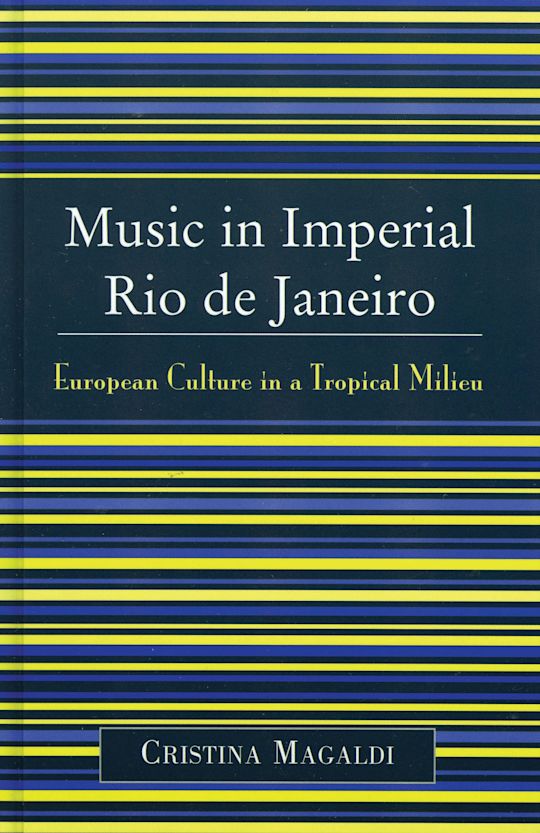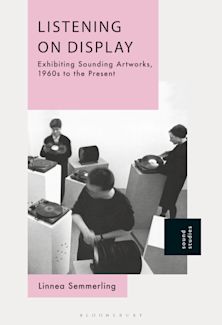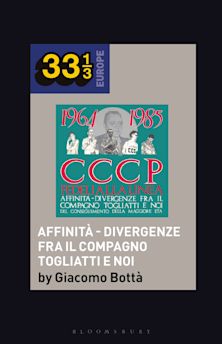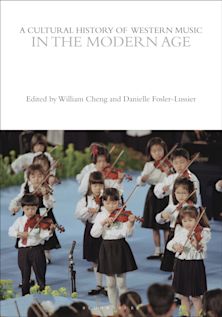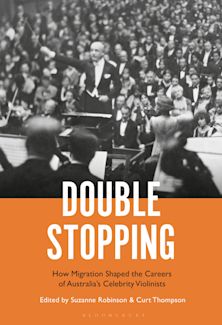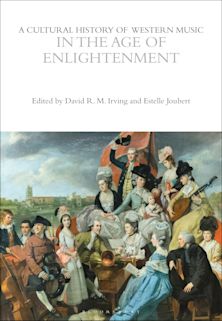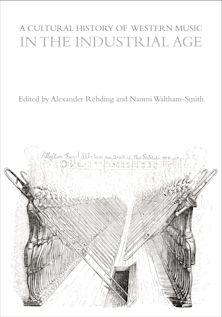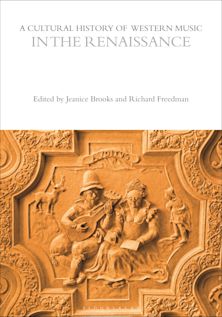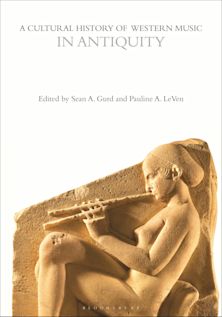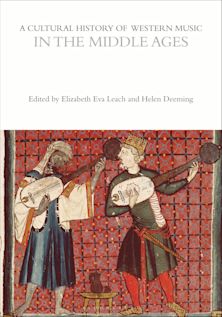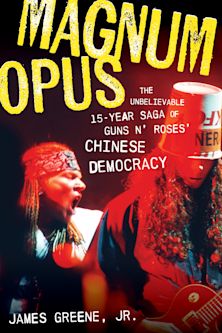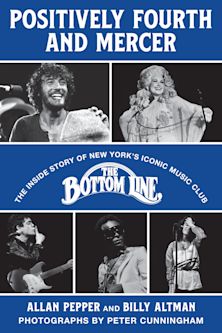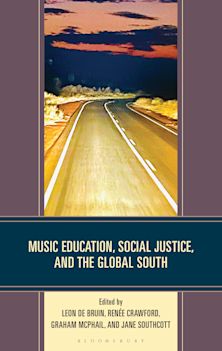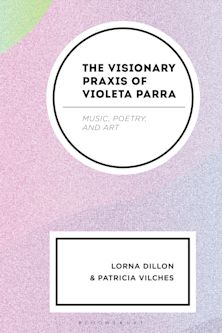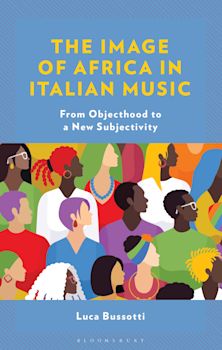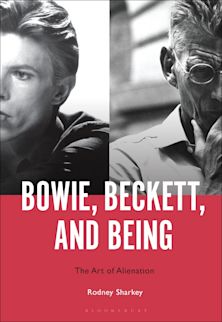- Home
- ACADEMIC
- Music & Sound Studies
- Music and Culture
- Music in Imperial Rio de Janeiro
Music in Imperial Rio de Janeiro
European Culture in a Tropical Milieu
Music in Imperial Rio de Janeiro
European Culture in a Tropical Milieu
This product is usually dispatched within 1 week
- Delivery and returns info
-
Free CA delivery on orders $40 or over
You must sign in to add this item to your wishlist. Please sign in or create an account
Description
This resource is an interesting look at how European culture, particularly European music, related to the social and cultural experiences of the residents of ninteenth-century Rio de Janeiro. The focus is on how Cariocas (residents of Rio de Janeiro) responded to and often imitated different musical styles imported from Europe.
After introducing the local musical setting and showing how musical life in imperial Rio de Janeiro reflected Parisian models, the author discusses the importation of operatic repertory, the use of German classical music as the basis of an elite social class, the role of European music in Brazilian theater, and finally, the emergence of a "national" music.
Overall, this study reveals European music as a powerful force in the internal processes of political, cultural, social, and ethnic negotiations during the 19th century government of Emperor Pedro II. Musicologists, Latin American historians, and anyone with an interest in urban studies will find much of interest in this book.
Product details
| Published | Aug 23 2004 |
|---|---|
| Format | Hardback |
| Edition | 1st |
| Extent | 218 |
| ISBN | 9780810850255 |
| Imprint | Scarecrow Press |
| Dimensions | 196 x 145 mm |
| Publisher | Bloomsbury Publishing |
About the contributors
Reviews
-
The process of reconstructing a distant past, be it diachronically or synchronically, is like panning for gold dust in a pile of sand: the task is painstaking, but the result can be highly rewarding. Such is the case with the research for this volume...Highly recommended. Lower-division undergraduates and above.
Choice Reviews
-
...an excellent guide...
Luso-Brazilian Review
-
Magaldi...is primarily concerned with how residents in 19th-century Rio de Janeiro received, perceived, selected, used, and imitated different musical styles imported from Europe, especially from Paris. She focuses on the musical preferences of the local elite - those who held political and financial power, were involved directly or indirectly with making decisions, and were the local cultural managers.
Reference and Research Book News

ONLINE RESOURCES
Bloomsbury Collections
This book is available on Bloomsbury Collections where your library has access.









